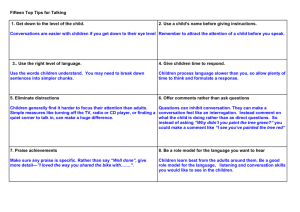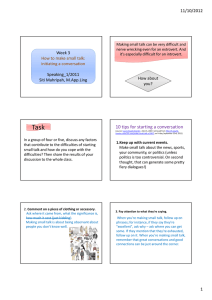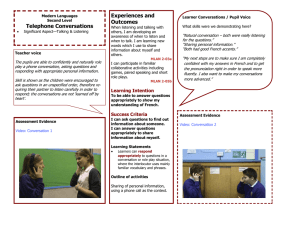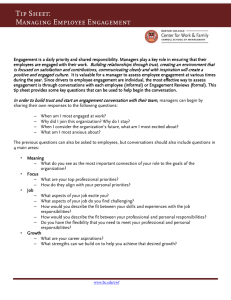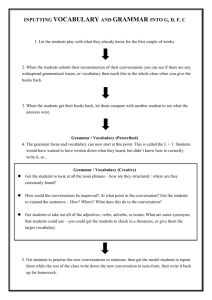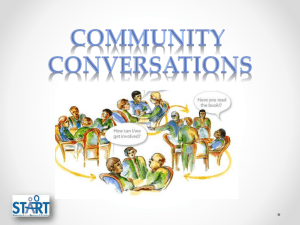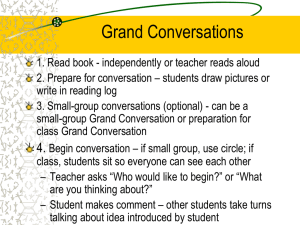Guidance: Non-renewal Conversations with Teachers
advertisement
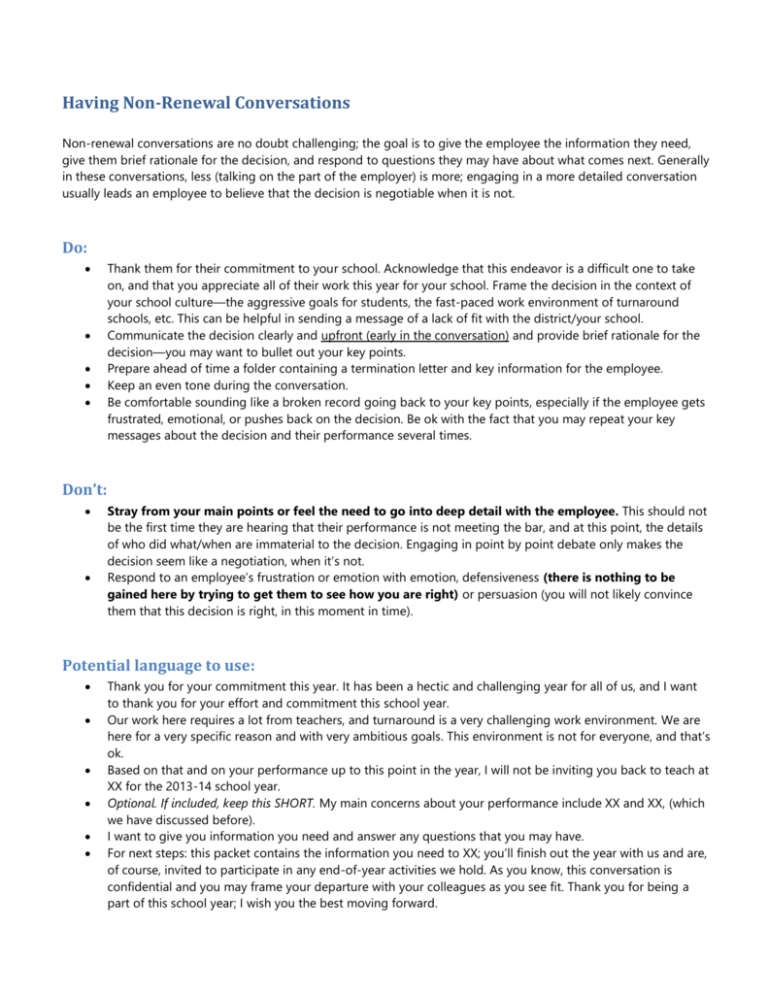
Having Non-Renewal Conversations Non-renewal conversations are no doubt challenging; the goal is to give the employee the information they need, give them brief rationale for the decision, and respond to questions they may have about what comes next. Generally in these conversations, less (talking on the part of the employer) is more; engaging in a more detailed conversation usually leads an employee to believe that the decision is negotiable when it is not. Do: Thank them for their commitment to your school. Acknowledge that this endeavor is a difficult one to take on, and that you appreciate all of their work this year for your school. Frame the decision in the context of your school culture—the aggressive goals for students, the fast-paced work environment of turnaround schools, etc. This can be helpful in sending a message of a lack of fit with the district/your school. Communicate the decision clearly and upfront (early in the conversation) and provide brief rationale for the decision—you may want to bullet out your key points. Prepare ahead of time a folder containing a termination letter and key information for the employee. Keep an even tone during the conversation. Be comfortable sounding like a broken record going back to your key points, especially if the employee gets frustrated, emotional, or pushes back on the decision. Be ok with the fact that you may repeat your key messages about the decision and their performance several times. Don’t: Stray from your main points or feel the need to go into deep detail with the employee. This should not be the first time they are hearing that their performance is not meeting the bar, and at this point, the details of who did what/when are immaterial to the decision. Engaging in point by point debate only makes the decision seem like a negotiation, when it’s not. Respond to an employee’s frustration or emotion with emotion, defensiveness (there is nothing to be gained here by trying to get them to see how you are right) or persuasion (you will not likely convince them that this decision is right, in this moment in time). Potential language to use: Thank you for your commitment this year. It has been a hectic and challenging year for all of us, and I want to thank you for your effort and commitment this school year. Our work here requires a lot from teachers, and turnaround is a very challenging work environment. We are here for a very specific reason and with very ambitious goals. This environment is not for everyone, and that’s ok. Based on that and on your performance up to this point in the year, I will not be inviting you back to teach at XX for the 2013-14 school year. Optional. If included, keep this SHORT. My main concerns about your performance include XX and XX, (which we have discussed before). I want to give you information you need and answer any questions that you may have. For next steps: this packet contains the information you need to XX; you’ll finish out the year with us and are, of course, invited to participate in any end-of-year activities we hold. As you know, this conversation is confidential and you may frame your departure with your colleagues as you see fit. Thank you for being a part of this school year; I wish you the best moving forward.
